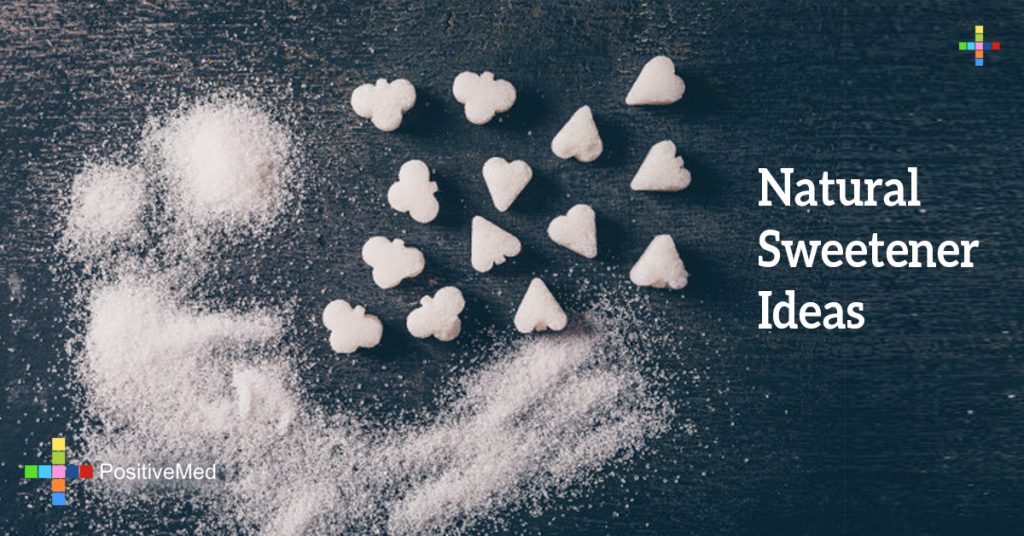
This is just a few ideas for sugar substitutes, I hope some of them work for you!
Maple syrup can be used in many desserts with delicious results. Grade A is sweeter and less robust than Grade B, make sure that you buy organic, as otherwise it is processed with formaldehyde, a toxic substance. For pancakes try mixing syrup 1:1 with honey for a more economical choice.
Maple sugar is a great choice for baking delicious desserts, although it is quite expensive, it can be used in place of white sugar, although it will have a stronger taste.

Molasses is a by-product of white sugar and contains all the vitamins and minerals from the sugar cane. It has a high iron content and is great for gingerbread type desserts.
Sorghum is similar in taste and texture to molasses, only sweeter, and is a whole food product made from sorghum grain, the lighter version can be used in place of corn syrup for baking and cooking.

Rapadura or Sucanat is unrefined whole cane sugar. It’s sweet and dark and full of minerals. It is very versatile for baking, can be mixed 1:1 with white sugar, it does have a stronger molasses like flavor.
Stevia is a green herb that is very sweet, the Japanese have used it as a no-calorie sweetener for many years, after refining it is made almost white, but some refineries use the whole plant which can have toxic effects from overuse. Stevia in it’s natural form can have a bit of aftertaste so it is best used sparingly, it’s great for lemonade and other light beverages.
Agave syrup is a less expensive sweetener similar to corn syrup in taste and color, in fact, some companies have used the two as a mixture so use caution when buying. It also highly processed, something to remember if you are looking to reduce over processed foods.
Coconut/palm sugar can be used interchangeably and is an exciting new development as it has a low glycemic index, it looks a bit like raw honey and is moist and delicious.

Honey, as most people know, is healthy, delicious, and packed with antioxidants. The more raw the better, and better for you. It is versatile and usually affordable.
For cooking with any of these sweeteners you may need to adjust the amounts, as they can be sweeter than refined sugar. Try 3/4 cup instead of a full cup for starters and adjust to taste. Happy eating!
Source: http://www.thenourishinggourmet.com/2008/12/guide-to-natural-sweeteners_08.html








